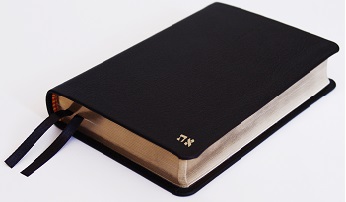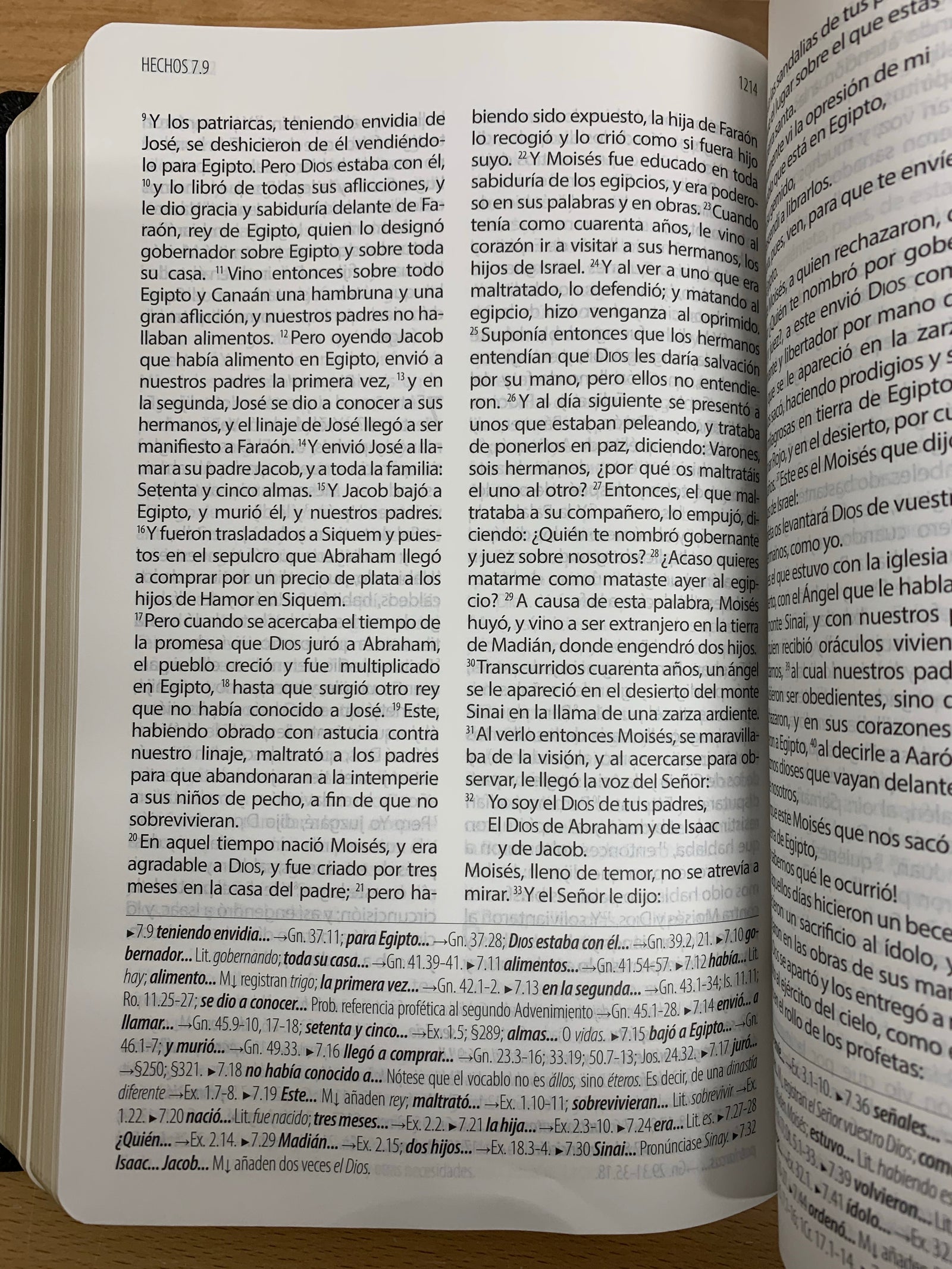

locum, 'place' – Vg Colunga&Turrado The English word " location" is derived from locus. The English word " synagogue" is derived from συναγωγή. h A mikveh is a ritual bath in modern Judaism. The Yiddish word Mokum ("city") is derived from Makom. Codex Et factum est ita., 'And so it was done.' – Vg Colunga&Turrado omitted – LXX ABP

hî-ḵên., 'and it was so.' – MT 4QGen b 4QGen g SP Damascus Pent.Codex καὶ διεχώρισεν ὁ θεὸς, 'and the god parted' – LXX ABP divisitque, 'and divided' – Vg Colunga&Turrado dêl, 'and divided' – MT (4QGen b) 4QGen g SP Damascus Pent.

hū, 'and the earth was formless and void,' – MT (4QGen b) SP ἡ δὲ γῆ ἦν ἀόρατος καὶ ἀκατασκεύαστος, 'but the earth was unseen and unready' – LXX ABP Terra autem erat inanis et vacua, 'But the earth was lifeless and empty' – Vg Colunga&Turrado.Genesis 1:1, see also Heaven in Judaism הַשָּׁמַיִם, haš-šā-ma-yim, 'the heavens' – MT 4QGen g SP τὸν οὐρανὸν, 'the heaven' – LXX ABP caelum, '(the) heaven' – Vg Colunga&Turrado ο θεός, 'the god' – ABP Deus, 'God' – Vg Colunga&Turrado Grammatically speaking, the word elohim is a masculine plural noun meaning "gods", but it is often translated as singular and capitalised as Elohim, meaning "God". Genesis 1:1, see also Elohim and Names of God in Judaism § Elohim אֱלֹהִ֑ים, 'ĕ-lō-hîm (' gods' or 'God') – MT (4QGen b) 4QGen g SP.

Genesis 1:1, see also In the beginning (phrase) בראשית, bə-rê-šîṯ, 'In beginning' – MT 4QGen b (4QGen g) SP ברשית֯, bršîṯ – 4QGen h ἐν ἀρχῇ, 'In beginning' – LXX LXX Rahlfs ABP In principio, 'In beginning' – Vg Colunga&Turrado Main article: Textual variants in the Book of Genesis However, such an Urtext has never been found, and which of the three commonly known versions (Septuagint, Masoretic Text, Samaritan Pentateuch) is closest to the Urtext is debated. These differences have given rise to the theory that yet another text, an Urtext of the Hebrew Bible, once existed and is the source of the versions extant today. These sources may be older than the Masoretic Text in some cases, and often differ from it. These include the Greek Septuagint (LXX), the Syriac language Peshitta translation, the Samaritan Pentateuch, the Dead Sea Scrolls collection, and quotations from rabbinic manuscripts. Textual criticism of the Hebrew Bible (or Old Testament) has included study of its textual variants.Īlthough the Masoretic Text (MT) counts as the authoritative form of the Hebrew Bible according to Rabbinic Judaism, modern scholars seeking to understand the history of the Hebrew Bible use a range of sources. Textual variants in the Hebrew Bible manuscripts arise when a copyist makes deliberate or inadvertent alterations to the text that is being reproduced. For the (Christian) New Testament, see Textual variants in the New Testament. This article is about the (Jewish) Tanakh or Old Testament.


 0 kommentar(er)
0 kommentar(er)
